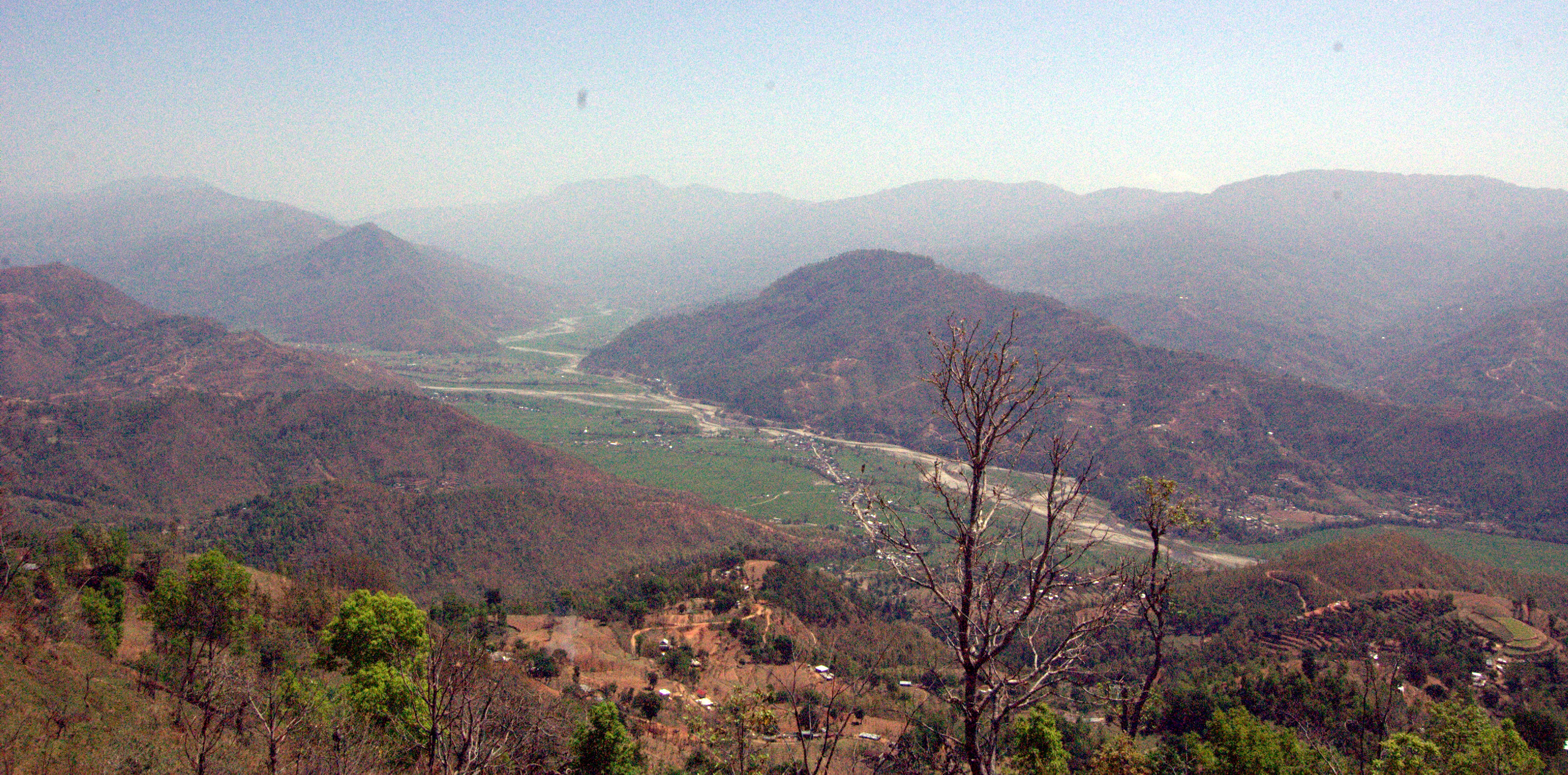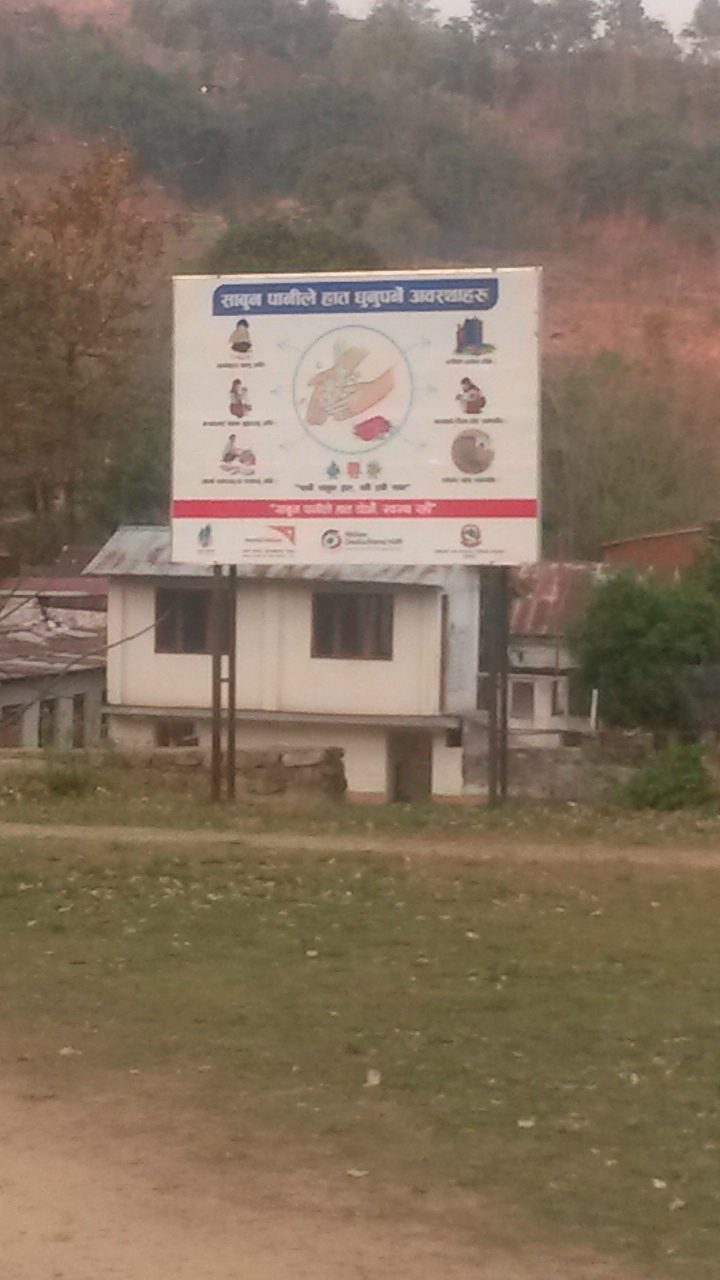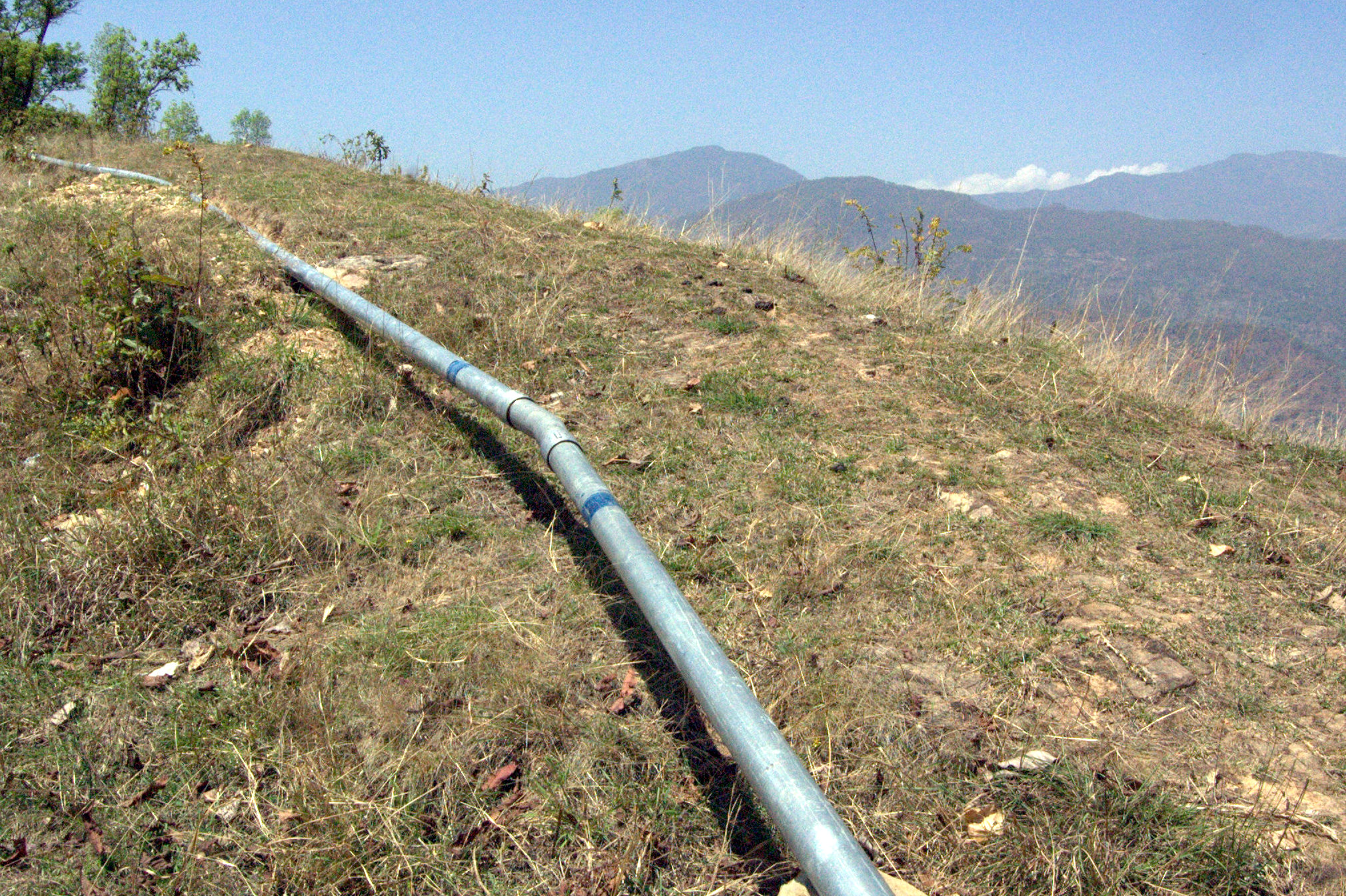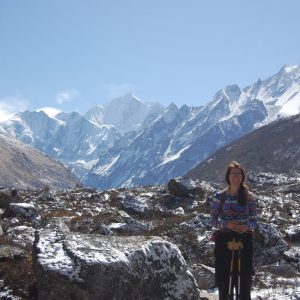World Water Day. I didn’t even know we had such a day. Did you know 6000 kids die a day due to a lack of water and the poor sanitation that follows? (source). That’s a staggering number to me. My village has giant billboards at the school, market, and health post talking about the importance of hand washing, but there is no water to wash with!
Knowing about droughts is very different from living in one, or so I’m learning. It’s been the biggest surprise about coming here. After using my family’s outhouse, I walked to the public tap a few hundred feet away to wash my hands. Some passersby told me the tap hadn’t had water for a few days. The local health post also doesn’t have any water in the entire building!
To prepare for my arrival (or perhaps because they are wealthier), my host family stocked up on barrels of water. I can only imagine how many trips their children took to fill them. My host mom in particular seems very proud that I have three barrels of water (more than a family would use in a week) sitting outside my door, ready to boil.
Another Fulbright Scholar is focusing on the lack of water in a city 300km away. The other day, she gave a tour of the local water supply. It was fascinating, and her work will hopefully have a huge impact. Everyday in her city, women stand in line for hours to get the dribble of water that comes out only in the mornings. Some of the water comes out of the tap fluorescent green. A wealthy family sells water for 5 cents a container, a sum most families can’t afford.
One of major Peace Corps projects in Nepal for the past 60 years has been piping water from the Himalayas to villages, and my village is no exception. The pipes definitely help, but there is a lot more we need to do. I do believe stronger environmental regulation is needed, everywhere in the world, and I would encourage anyone who feels the same to voice their opinion to their government representatives. Today especially, we should do all we can to protect the environment so others can have water as well.
Comments are closed.






1 Comment
a real eye opener-thanks for sharing